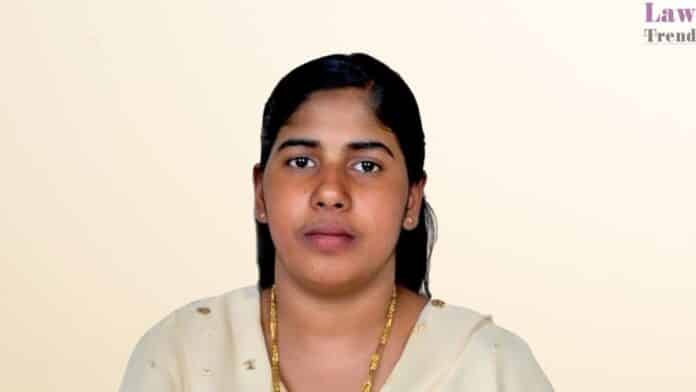In a dramatic turn, the execution of Kerala nurse Nimisha Priya, sentenced to death in Yemen for the murder of a Yemeni national, has been postponed amid intense negotiations between her supporters and the victim’s family.
Priya, currently held in Sanaa — the capital controlled by Houthi rebels — was scheduled to face execution tomorrow. However, according to emerging reports, the victim’s family has agreed to defer the execution, at least temporarily. This delay, though significant, does not imply Priya’s release or repatriation to India.
The Indian government, which has no diplomatic ties with the Houthi regime, has been working behind the scenes to secure relief for Priya. Official sources stated that India had provided “all possible assistance” and had been in regular contact with Yemeni jail authorities and the prosecutor’s office. These efforts, they say, led to the current postponement.
The case dates back to 2017, when Priya, who had gone to Yemen in 2008 seeking employment as a nurse to support her family in Kerala, found herself trapped in a dangerous situation. After years of working in hospitals, she opened her own clinic with a local business partner, Talal Abdol Mehdi. However, Mehdi allegedly began harassing her, seizing her earnings and passport, which prevented her from returning home. In an attempt to retrieve her passport, Priya injected Mehdi with a sedative, but he died, leading to her arrest as she tried to flee the country.
Legal efforts on her behalf have been exhaustive but unsuccessful. Despite appointing a local lawyer, all petitions were dismissed, and in 2023, Yemen’s Supreme Judicial Council upheld her conviction. The Yemeni President then approved her death sentence.
Indian Attorney General R. Venkataramani described the situation as “very complex,” telling the Supreme Court yesterday, “There is not much that the Indian government can do… we tried whatever was possible.” He noted that the only remaining avenue is the payment of diyya or “blood money,” a financial compensation under Islamic law that can be offered to the victim’s family in exchange for clemency.
However, the ultimate decision rests with the victim’s family, who have the right to accept or refuse the diyya. If accepted, Priya’s execution would be legally barred.
Activists, led by Babu John, continue to press for a resolution, urging the Indian public and government to support fundraising efforts for the blood money. With time running out, the case remains tense, and Priya’s fate hangs in the balance as negotiations continue.




